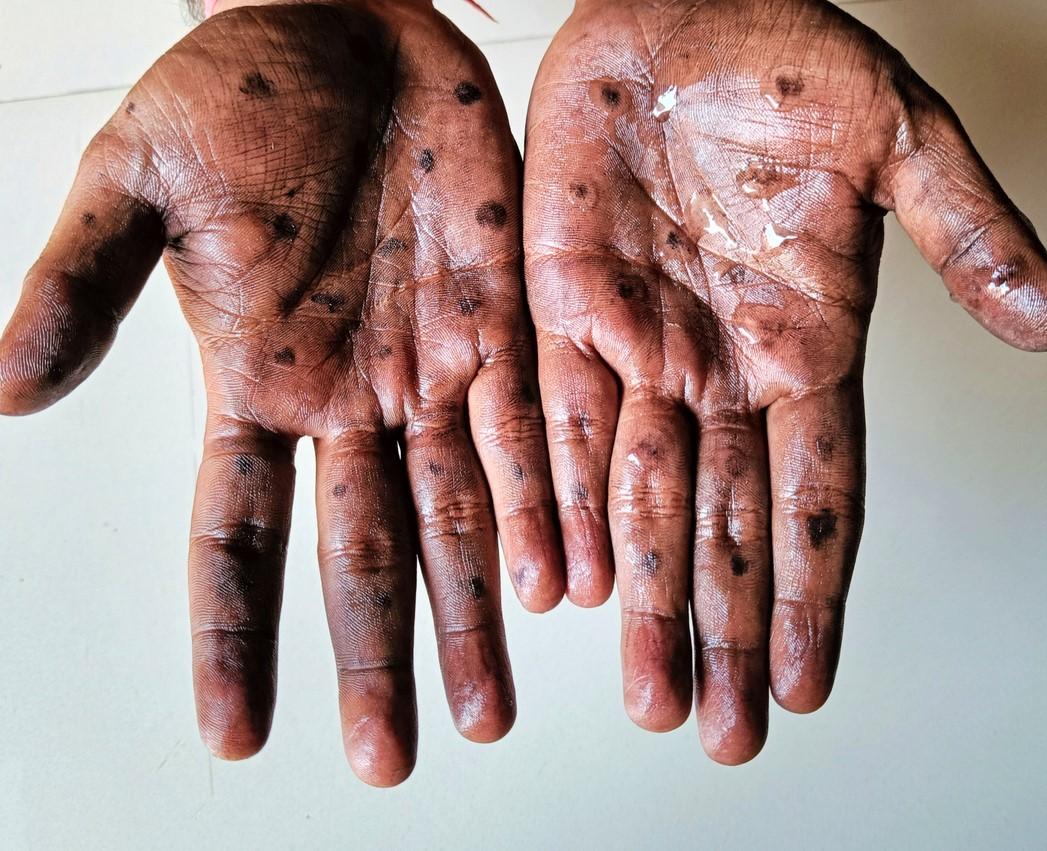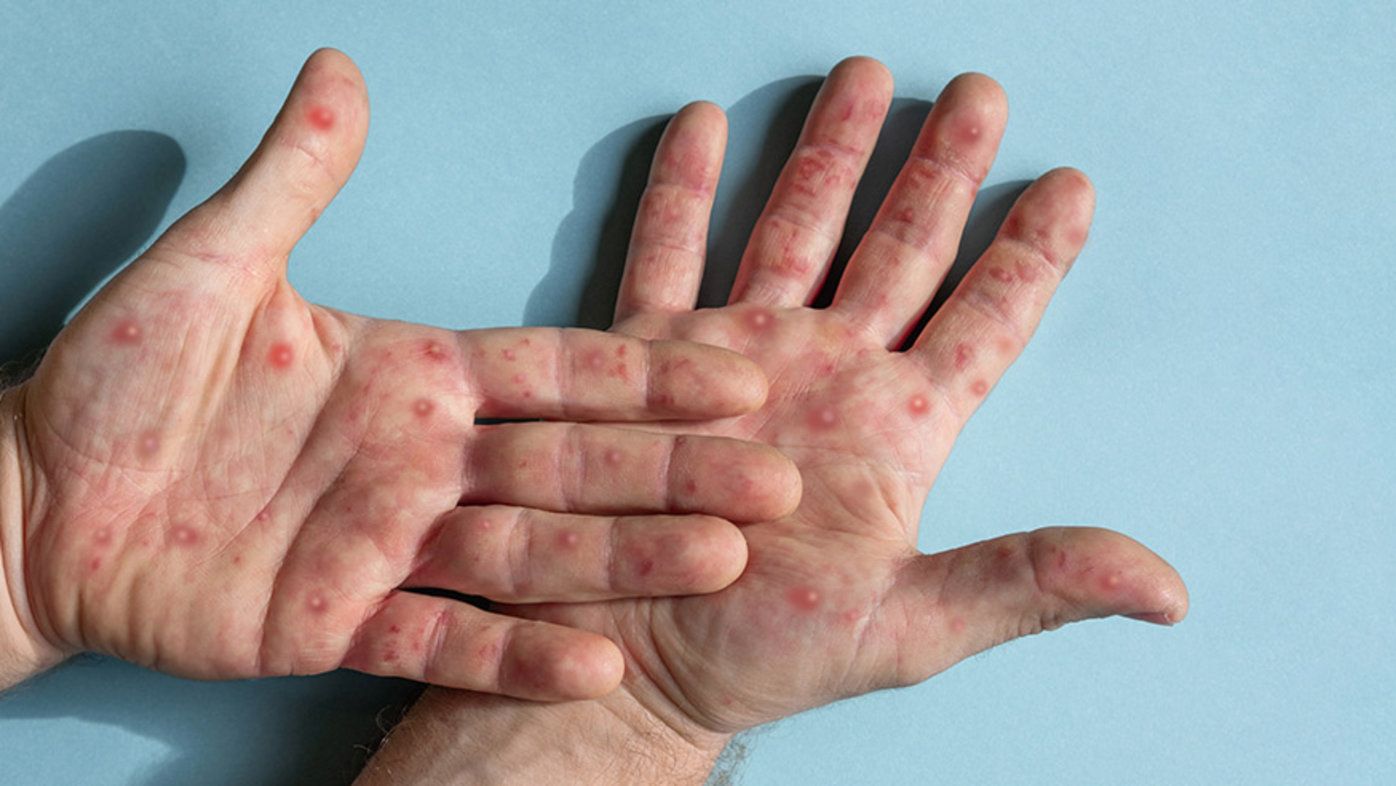Published 20:47 IST, August 5th 2024
Deadliest MPOX Virus From Africa Is Spreading. Should You Be Worried?
Mpox, a viral illness caused by the monkeypox virus (MPXV), is spreading across African countries, causing panic among locals and health authorities.
Advertisement
A severe strain of the mpox virus, previously causing panic in the Democratic Republic of Congo, is now spreading rapidly through Kenya and several other African nations, prompting serious concern among health authorities.
The World Health Organization has confirmed that this virulent variant poses a significant health threat. In Kenya, a truck driver who travelled through Uganda, Rwanda, and Tanzania was identified with this strain on July 29, according to the Ministry of Health.
Advertisement
Sharing on X, Dr. Tedros Adhanom Ghebreyesus, the WHO Director-General, informed, "As a deadlier strain of #mpox spreads to multiple African countries, @WHO, @AfricaCDC, local governments and partners are further scaling up the response to interrupt disease transmission. But more funding and support for a comprehensive response are needed."
The Africa Centers for Disease Control and Prevention reports that this strain has been detected in ten African countries this year, with Burundi and Rwanda recently confirming their first cases of mpox. The outbreak underscores a troubling expansion of the virus across the continent.
Advertisement
What Monkeypox virus?
Mpox, a zoonotic disease caused by the monkeypox virus, belongs to the same family as the smallpox virus. It spreads through direct contact with an infected person or animal, including through bodily fluids or close physical contact such as kissing or sex. The virus can enter the body through broken skin, the respiratory tract, or mucous membranes such as the eyes, nose, or mouth.

Aftermath of the spread of deadly mpox variant
Recent reports indicate that 130 children and teenagers in refugee camps in the DRC have contracted this highly contagious new strain. Known as clade 1b, this variant causes more severe illness compared to the clade II strain responsible for the global outbreak in 2022. Clade 1b has a fatality rate of approximately 5 per cent in adults and 10 per cent in children, whereas clade II had a fatality rate of about 3 per cent.
Advertisement
This new strain, clade 1b, shows mutations that evade detection by existing tests, making it more challenging to control. Mpox viruses are classified into two main clades: clade I (formerly the Congo Basin clade) and clade II (formerly the West Africa clade), with clade II further divided into subclades IIa and IIb.

Symptoms of Mpox
Mpox symptoms begin with fever, chills, headache, muscle aches, and swollen lymph nodes. A rash typically emerges on the face and then spreads to other parts of the body, resembling chickenpox or syphilis, and eventually forms scabs.
Advertisement
The incubation period for mpox ranges from 6 to 13 days but can vary between 5 and 21 days. Travelers should isolate themselves for approximately three weeks, or until scabs fall off, to prevent spreading the virus.

Preventive steps
To reduce the risk of infection, avoid skin contact with individuals showing symptoms or a rash. Regular hand washing with soap and water, or using alcohol-based hand sanitizer, is crucial. Also, cover coughs and sneezes, and avoid unprotected sex with individuals who may be infected.
20:47 IST, August 5th 2024